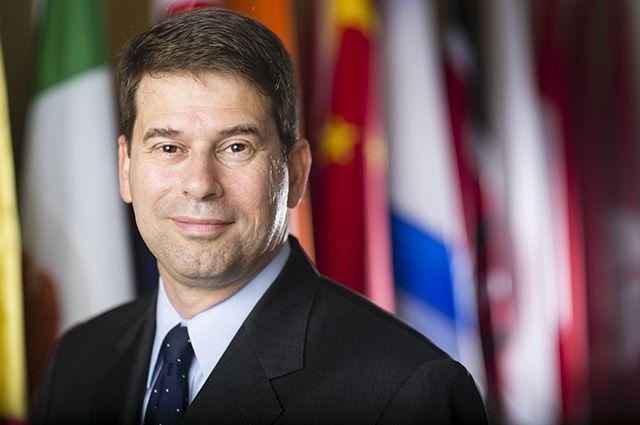-

Hear from Professor Monica Toft
Learn how Professor Monica Toft is shaping the study of global affairs and diplomacy at Fletcher.
Hear from Prof. Toft -

Explore Fletcher academics in action
Fletcher Features offers insights, innovation, stories and expertise by scholars.
Get global insights -
Get application tips right from the source
Learn tips, tricks, and behind-the-scenes insights on applying to Fletcher from our admissions counselors.
Hear from Admissions -

Research that the world is talking about
Stay up to date on the latest research, innovation, and thought leadership from our newsroom.
Stay informed -
Meet Fletcherites and their stories
Get to know our vibrant community through news stories highlighting faculty, students, and alumni.
Meet Fletcherites -

Forge your future after Fletcher
Watch to see how Fletcher prepares global thinkers for success across industries.
See the impact -

Global insights and expertise, on demand.
Need a global affairs expert for a timely and insightful take? Fletcher faculty are available for media inquiries.
Get in Touch
Free trade with benefits
Dan Drezner discusses the merits and challenges of embracing a global economy, citing Adam Posen's essay "The Price of Nostalgia", via his op-ed for The Washington Post.

Neoliberal economics has had a rough couple of years. While neoliberalism is a conceptually fuzzy term, embracing an open global economy is undoubtedly one of its core pillars. The bipartisan beating of this neoliberal idea has started to trickle down into a mass public that has been pretty enthusiastic about the open global economy.
If there is a last redoubt for this idea inside the Beltway, then it is surely the Peterson Institute for International Economics. PIIE has made the best case for the economic merits of U.S. economic openness for some time now. In the latest issue of Foreign Affairs, PIIE President Adam Posen makes a provocative case for continued openness, arguing, among other things, that "populist anger is the result not of economic anxiety but of perceived declines in relative status. The U.S. government has not been pursuing openness and integration over the last two decades. To the contrary, it has increasingly insulated the economy from foreign competition, while the rest of the world has continued to open up and integrate."
Posen's essay "The Price of Nostalgia" is well worth reading for two reasons. The first is the evisceration he provides on more populist takes on what trade liberalization did to the U.S. economy. The second is the unintentional revelation for why neoliberalism faces such stark political head winds.

